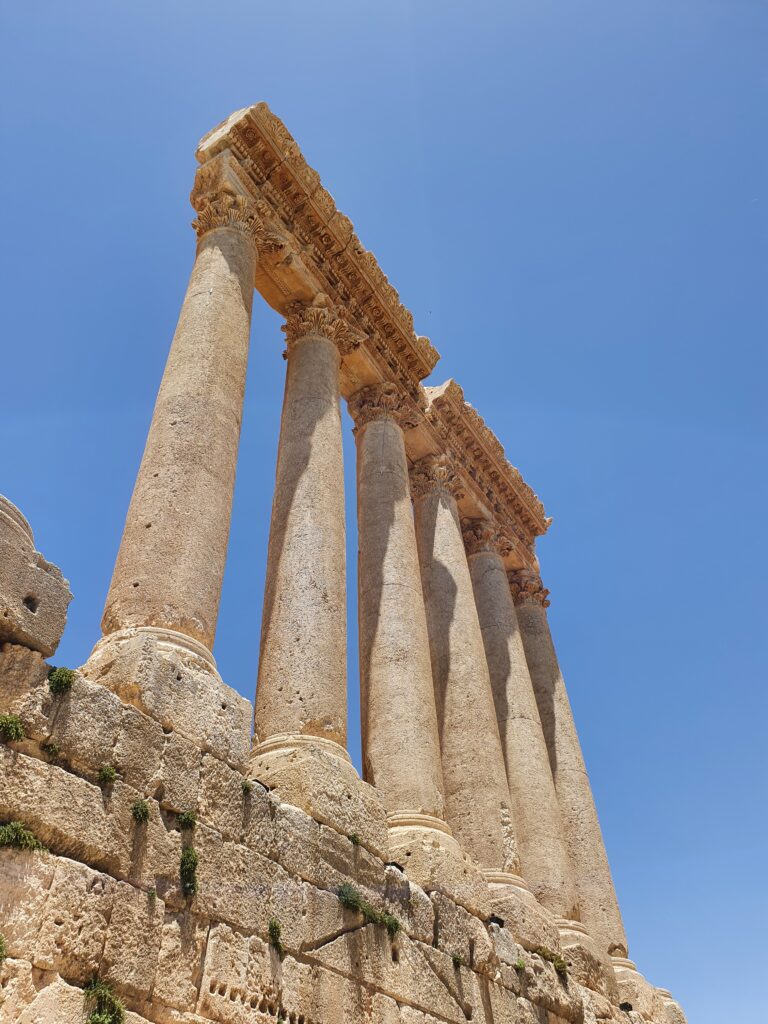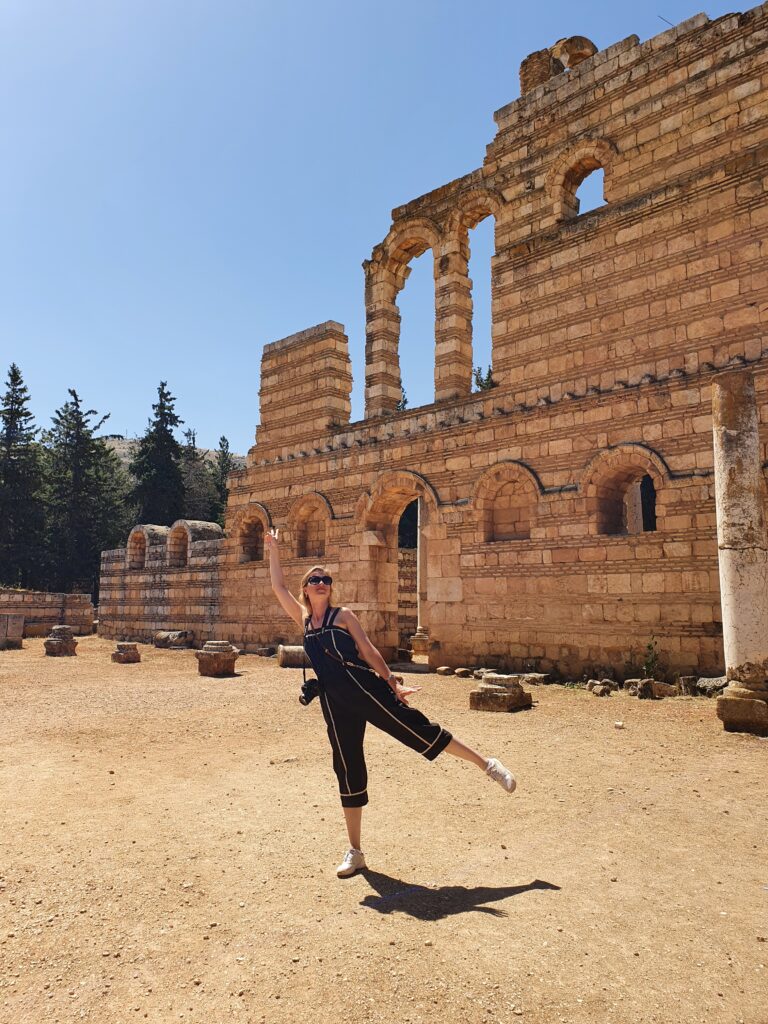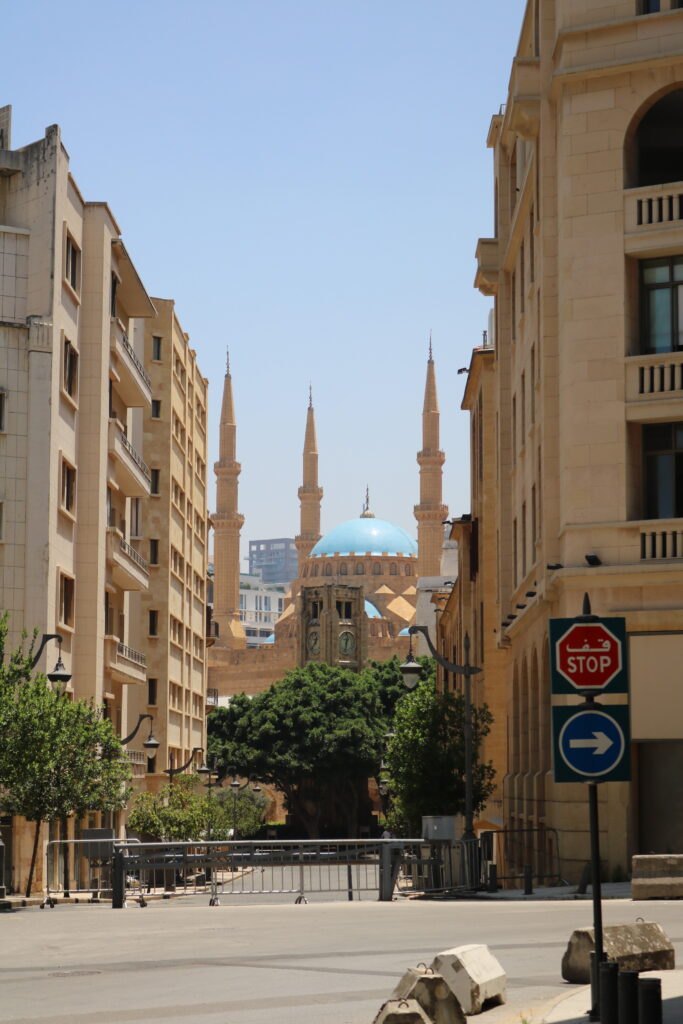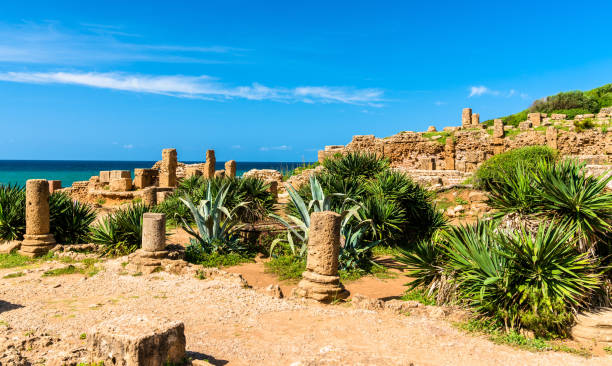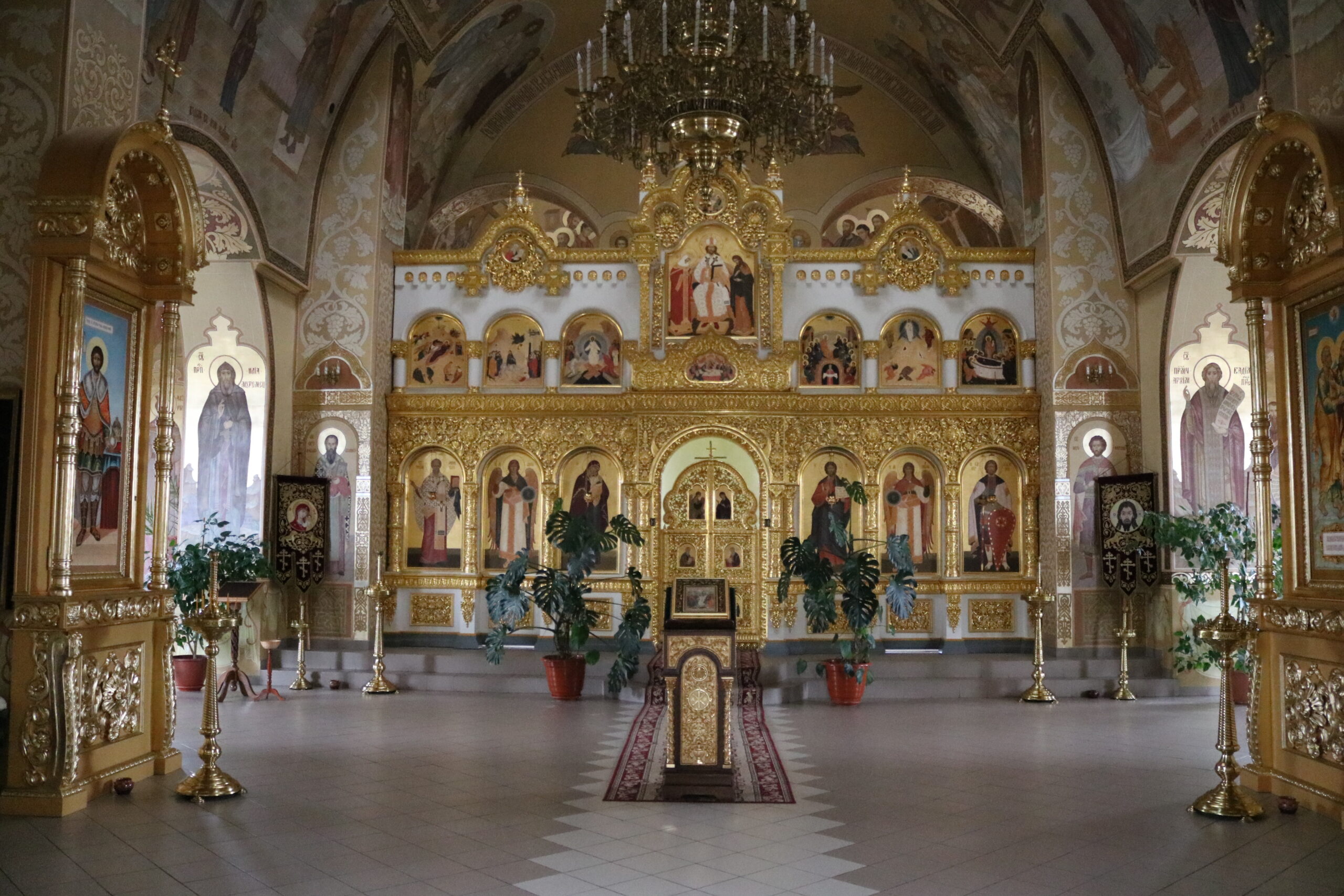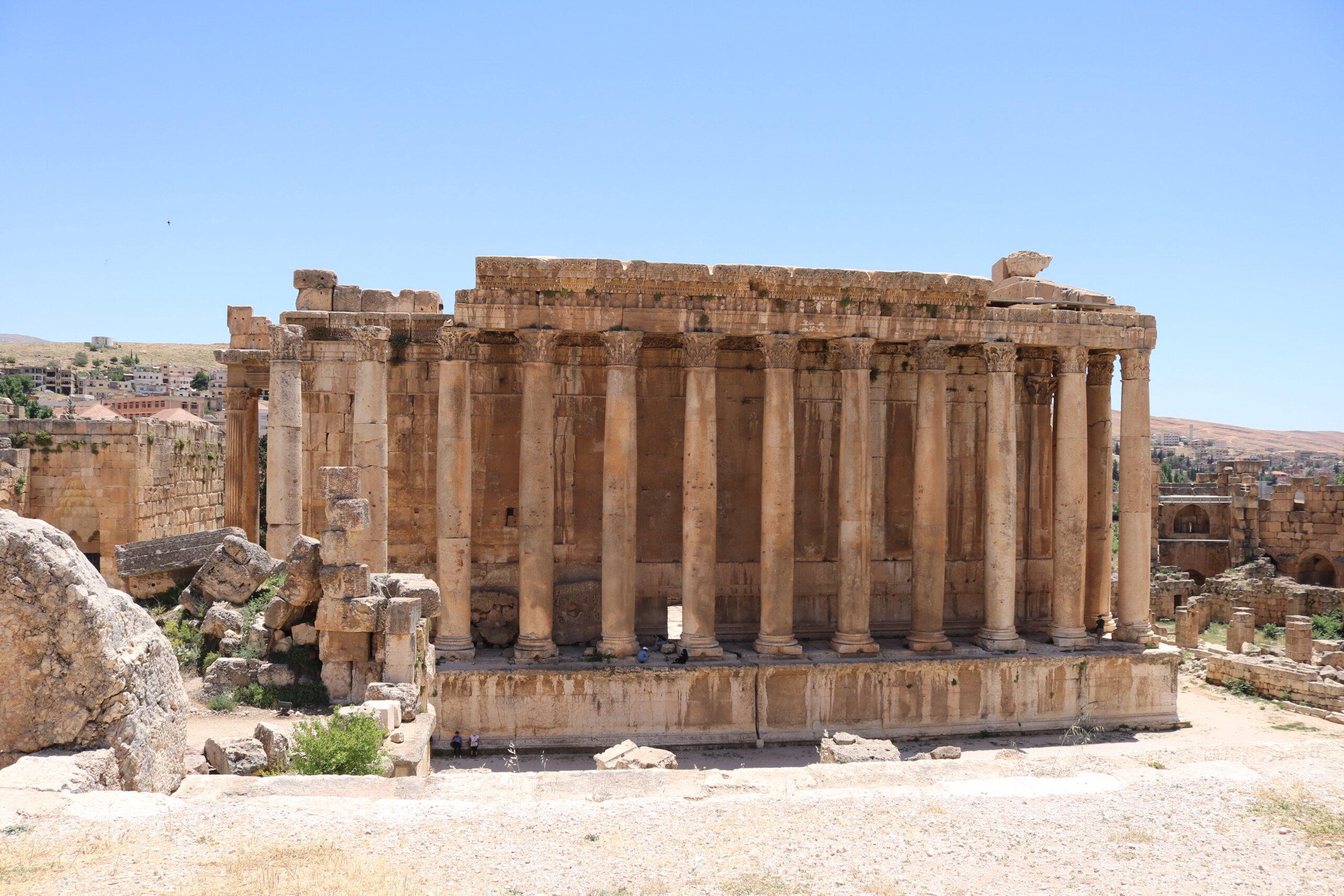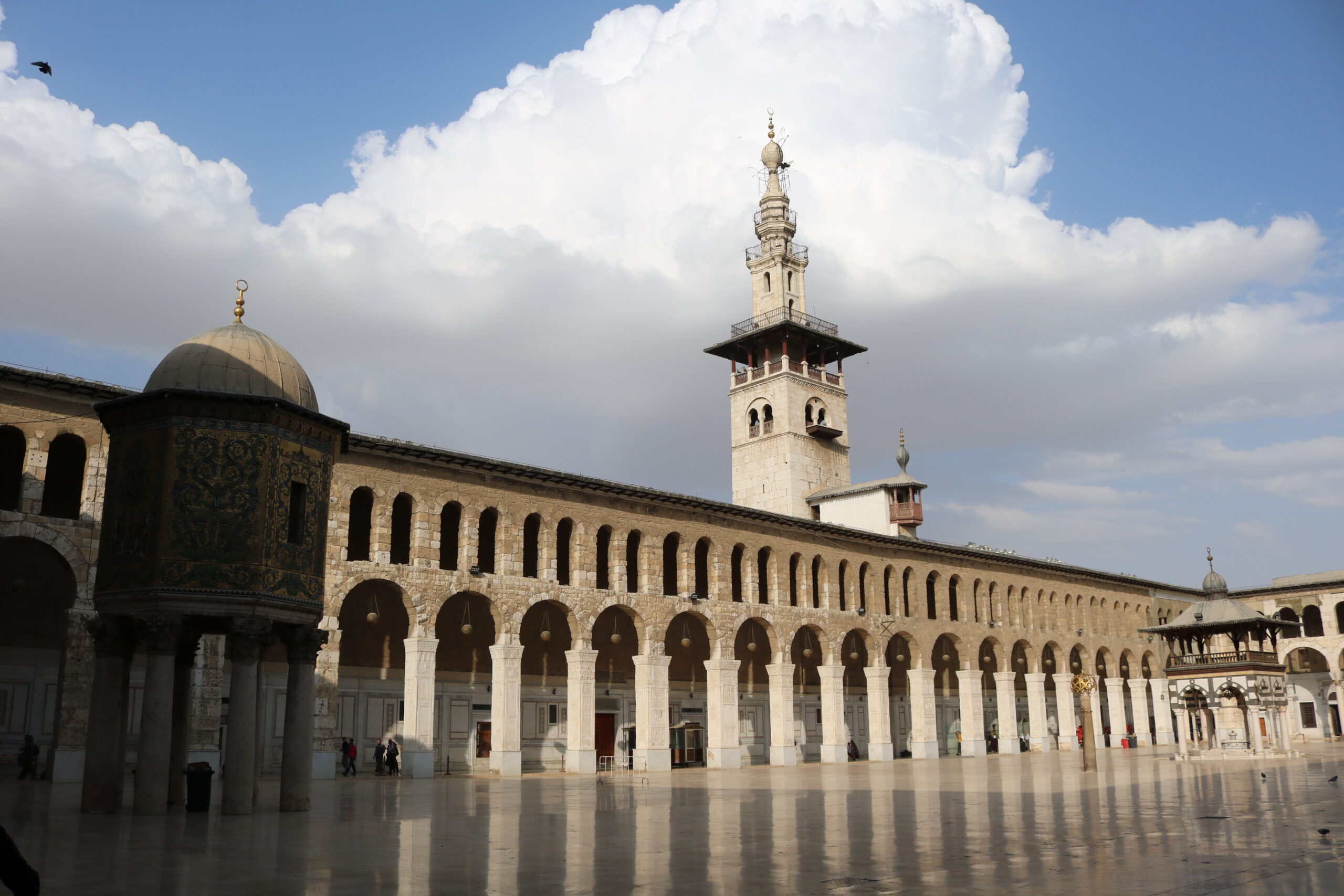Lebanon is a small country located in the Middle East, bordered by Syria to the north and east and Israel to the south. It has a rich history dating back thousands of years, with influences from various civilizations including Phoenician, Roman, Ottoman, and French.
Quick facts
Capital: Beirut
Population: 6 million
Official language: Arabic, but French and English are widely spoken
Area: 10,452 km²
Religion: Lebanon is known for its religious diversity. The main religious groups are Muslims (both Sunni and Shia) and Christians (including Maronite, Greek Orthodox, and others)
Government: Lebanon operates under a parliamentary democratic system. It has a complex political landscape characterized by sectarianism, with various religious communities holding significant influence
Visa
Practically all Western nationalities can get a FREE 30-day visa on arrival at the Beirut Rafic Hariri International Airport.
It’s advisable to check with the nearest Lebanese embassy or consulate or consult the official website of the Lebanese Directorate General of General Security for the most up-to-date and accurate information regarding visa requirements and application procedures.
Money
Currency: The official currency of Lebanon is the Lebanese Pound, abbreviated as LBP or L£. It’s also sometimes referred to as the Lebanese Lira. The currency code for the Lebanese Pound is LBP.
Exchange Rate: The exchange rate of the Lebanese Pound can fluctuate significantly due to economic and political factors. In recent years, Lebanon has experienced economic instability, leading to significant fluctuations in the exchange rate. It’s essential to check the current exchange rate before exchanging currency.
It is better to exchange in the black market.
Is Lebanon safe?
Here are some key points to consider regarding safety in Lebanon:
Political Instability: Lebanon has experienced political instability and occasional civil unrest in recent years. Demonstrations, protests, and road blockades can occur, often in response to political developments or economic issues. These events can sometimes escalate into violence, leading to disruptions in transportation and affecting public safety.
Security Concerns: Certain areas of Lebanon, particularly near the Syrian border and in Palestinian refugee camps, may pose security risks due to ongoing conflicts and the presence of armed groups. Additionally, the situation in the region can be influenced by regional tensions and conflicts.
Terrorism: Lebanon has faced threats from terrorist organizations in the past. While security measures are in place to mitigate risks, travelers should remain vigilant, especially in crowded public places and tourist areas.
Crime: Petty crime such as pickpocketing and theft can occur, particularly in crowded areas and tourist destinations. Travelers should take precautions to safeguard their belongings and be aware of their surroundings.
- Travel Advisories: Before traveling to Lebanon, it’s advisable to check the travel advisories issued by your country’s government or relevant authorities. These advisories provide up-to-date information on safety and security concerns and may include recommendations or warnings for travelers.
Overall, while Lebanon offers rich cultural heritage, beautiful landscapes, and vibrant cities, travelers should exercise caution and stay informed about the current situation. It’s recommended to maintain a flexible travel itinerary, avoid areas of unrest or instability, and follow the advice of local authorities and security personnel. Additionally, consulting with locals and staying updated through reputable news sources can provide valuable insights into the prevailing conditions.
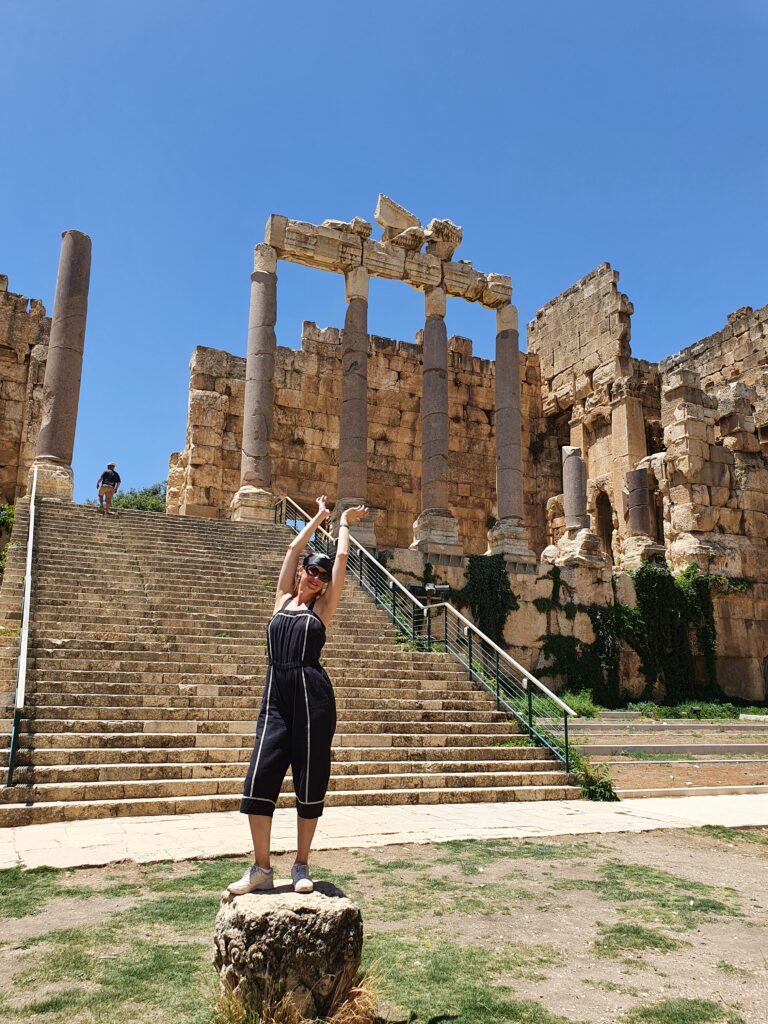
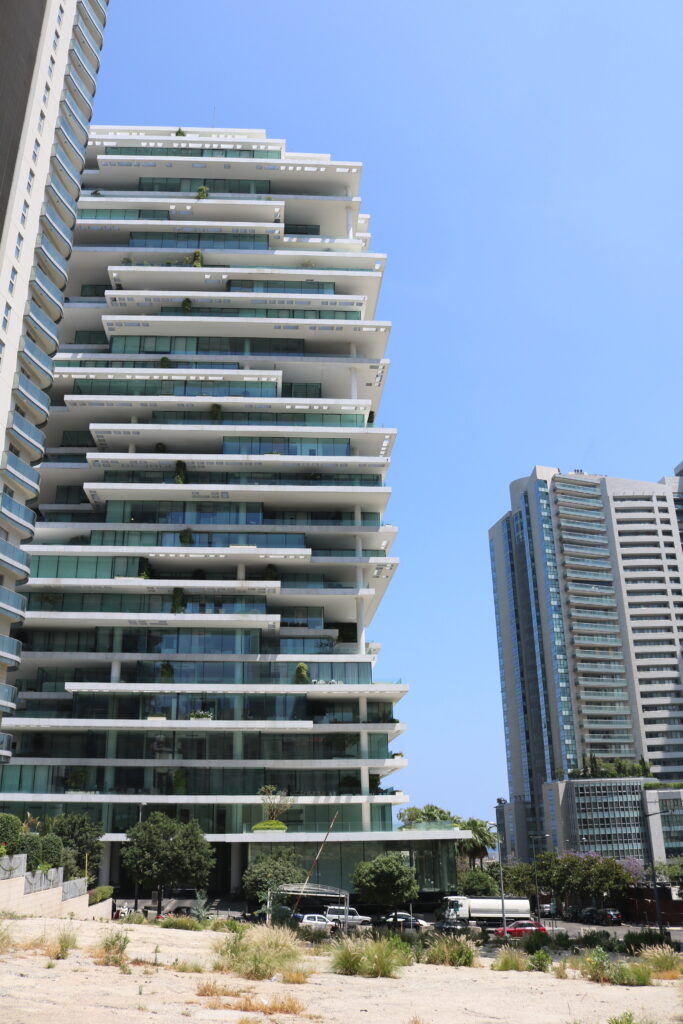
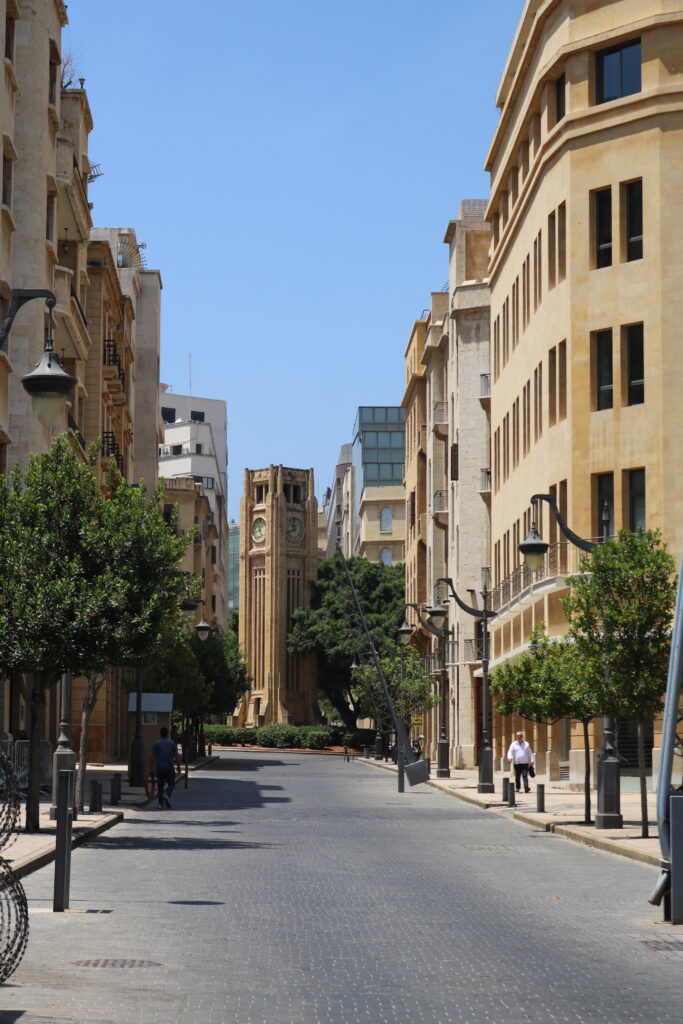
Must-see places in Lebanon
Beirut: Explore Lebanon’s vibrant capital city, known for its dynamic cultural scene, historical landmarks, and lively nightlife. Don’t miss the Corniche promenade, Beirut Souks, and the iconic Pigeon Rocks in Raouche.
Byblos (Jbeil): Visit the ancient port city of Byblos, one of the oldest continuously inhabited cities in the world. Explore its archaeological sites, including the Crusader Castle, Roman Amphitheater, and picturesque harbor.
Jeita Grotto: Marvel at the breathtaking natural beauty of Jeita Grotto, a network of interconnected limestone caves featuring stunning stalactites and stalagmites. Take a boat ride on the underground river to explore the cave system.
Baalbek: Discover the monumental Roman ruins of Baalbek, including the Temple of Bacchus, Temple of Jupiter, and Temple of Venus. These impressive structures are among the largest and best-preserved Roman temples in the world.
Qadisha Valley: Explore the scenic Qadisha Valley, also known as the Holy Valley, renowned for its rugged cliffs, ancient monasteries, and picturesque hiking trails. Visit monastic sites such as the Monastery of Qozhaya and the Monastery of Saint Anthony of Qozhaya.
Cedars of God: Experience the tranquility of the Cedars of God, an ancient cedar forest located in the Mount Lebanon range. These majestic trees, some of which are thousands of years old, hold significant cultural and historical importance for Lebanon.
Sidon (Saida): Discover the rich history of Sidon, one of Lebanon’s oldest cities, known for its ancient ruins, bustling souks, and picturesque seafront. Highlights include the Sea Castle, Khan al-Franj, and the historic Sidon Soap Museum.
Tyre (Sour): Explore the UNESCO World Heritage site of Tyre, renowned for its well-preserved archaeological ruins dating back to Phoenician, Roman, and Byzantine times. Highlights include the Al Mina archaeological site, Roman Hippodrome, and Tyre Necropolis.
Beiteddine Palace: Visit the stunning Beiteddine Palace, a masterpiece of Lebanese architecture located in the Chouf Mountains. Explore the palace’s intricate mosaics, ornate courtyards, and beautiful gardens overlooking the surrounding countryside.
Bcharre: Discover the picturesque town of Bcharre, nestled in the scenic Qadisha Valley and surrounded by stunning mountain landscapes. Visit the Gibran Museum, dedicated to the renowned Lebanese poet and philosopher, Khalil Gibran.
These are just a few of the many incredible destinations Lebanon has to offer. Whether you’re interested in history, nature, or culture, Lebanon’s diverse attractions are sure to captivate visitors from around the world.
